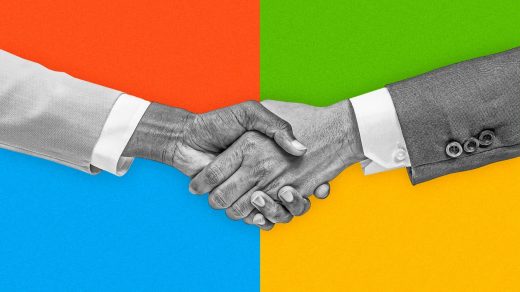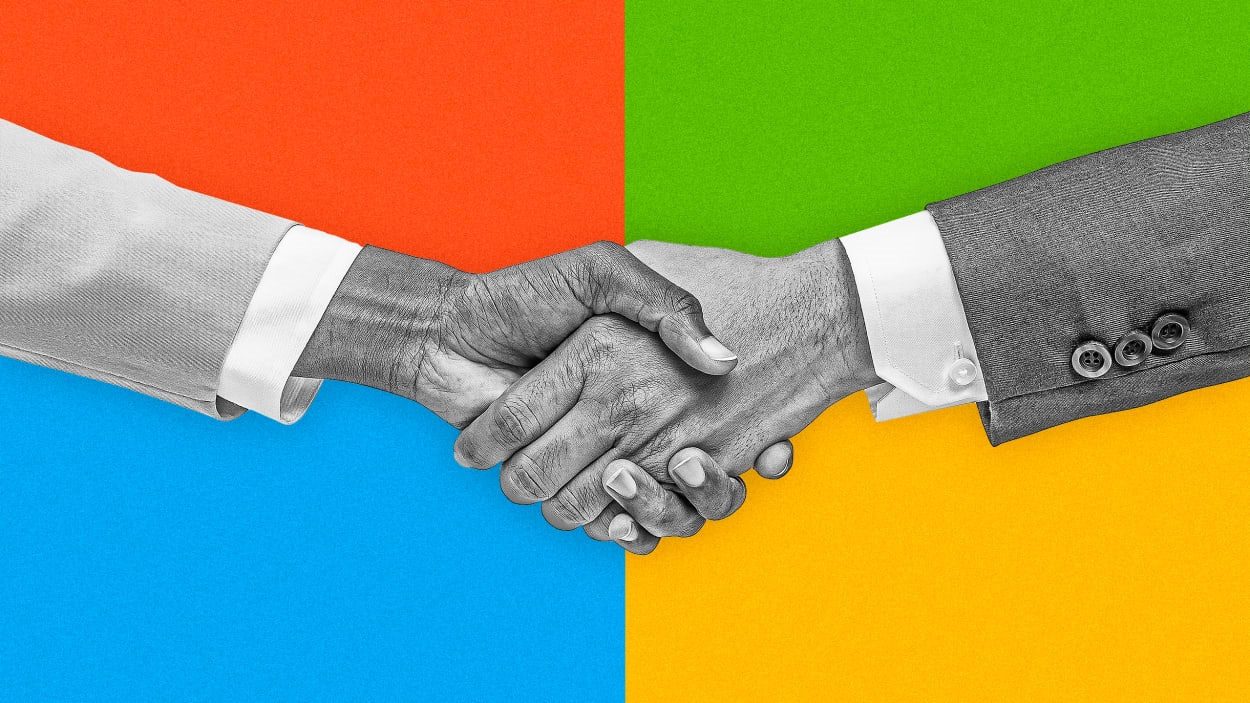Will the Microsoft-Activision deal get killed by the FTC? Not so fast, says one analyst
With the Federal Trade Commission (FTC) seeking to block Microsoft’s $69 billion acquisition of gaming giant Activision Blizzard, some analysts aren’t so convinced that the agency has a slam-dunk case.
In a research note on Friday, Clay Griffin of MoffettNathanson said the antitrust lawsuit may not be the “death knell” many assume it to be—for a few reasons.
The first is time: Unlike with the ill-fated merger between cable operators Comcast and Time Warner Cable—which was ultimately derailed after regulatory scrutiny—Microsoft and Activision are not under a ton of pressure to complete their deal in a timely fashion. (As Griffin notes, the cable merger would have been an example of so-called vertical integration, whereas the Microsoft-Activision deal is horizontal.) In other words, Microsoft can wait this out, which gives the tech giant more incentive to go to the mat and fight the case in court if it has to. Indeed, Microsoft’s Brad Smith has already said that the company will do just that.
Which brings us to the other reason why Griffin suggests the deal isn’t dead: The FTC could lose. The agency’s argument against the deal hinges on how it could hurt competition, particularly makers of video-game consoles that compete with Microsoft’s Xbox. “Microsoft has already shown that it can and will withhold content from its gaming rivals,” Holly Vedova, head of the FTC’s competition bureau, said in a statement. The case will be tried in a hearing before an administrative law judge.
But as MoffettNathanson’s note points out, an administrative law judge recently ruled against the FTC in its effort to prevent gene-sequencing firm Illumina from acquiring the health-tech startup Grail, which makes tests for screening cancer. The argument in that case was similar—that the tie up would stifle competition—but a judge in September dismissed the challenge. (According to Bloomberg, the FTC is appealing the decision.)
“So, from our perspective, it’s hard to see how this news isn’t, at the very least, an extension of the original timeline,” Griffin says of the FTC’s lawsuit against Microsoft.
The FTC has moved to be more aggressive toward large mergers under its Biden-appointed chair, Lina Khan, an antitrust scholar who was a noted critic of Big Tech’s power before she took the reins of the consumer protection agency in June of last year. In applying a more forceful stance, the agency has also shown a willingness to take on riskier cases that it might not win. This week, it is also fighting to prevent Meta, Facebook’s parent company, from acquiring a VR startup called Within.
(32)



